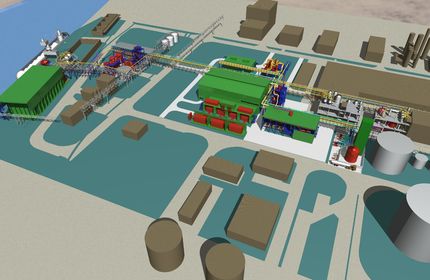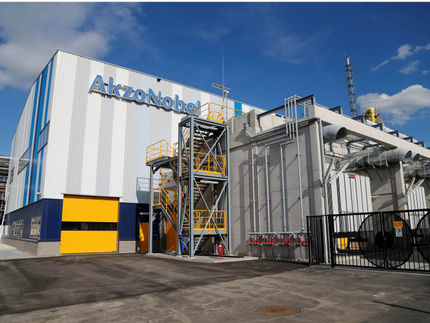Making better use of residual gases
Award for invention for environmentally friendly adsorption of chlorine
Advertisement
The German Chemical Society (GDCh) awards the Drs. Volker and Elke Münch Prize to the teams led by Professor Dr. Sebastian Hasenstab-Riedel and Professor Dr. Rainer Haag from the Free University of Berlin. The prize from the foundation of the same name, which is based at the GDCh, is endowed with 7,000 euros and is awarded to inventors who have made a groundbreaking invention in the field of chemistry or chemical process engineering. The prize money will be used to support a patent application. The research teams at the FU Berlin developed a resource-saving and environmentally friendly process to adsorb chlorine from a residual gas stream containing chlorine. You will receive the award as part of the JCF spring symposium from March 13th to 16th, 2024 in Ulm.
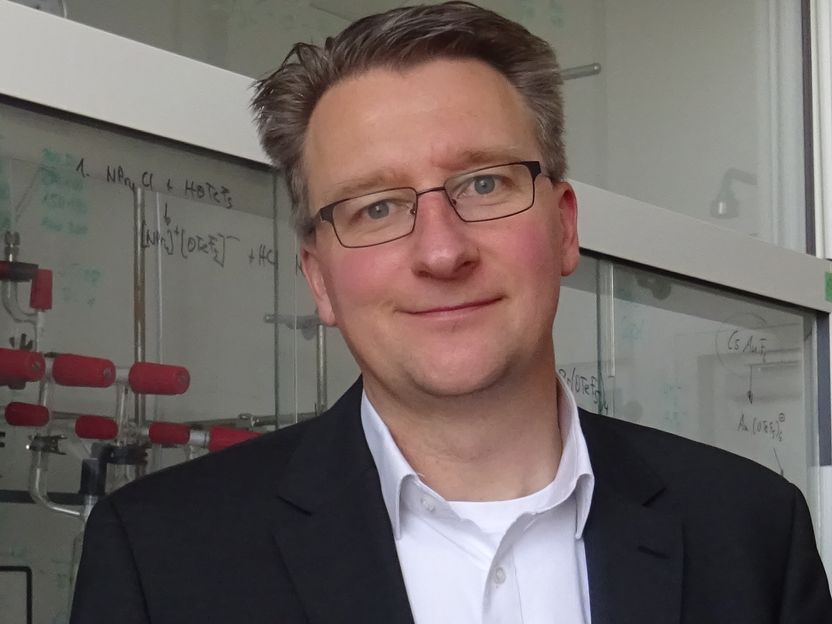
Professor Dr. Sebastian Hasenstab-Riedel
privat
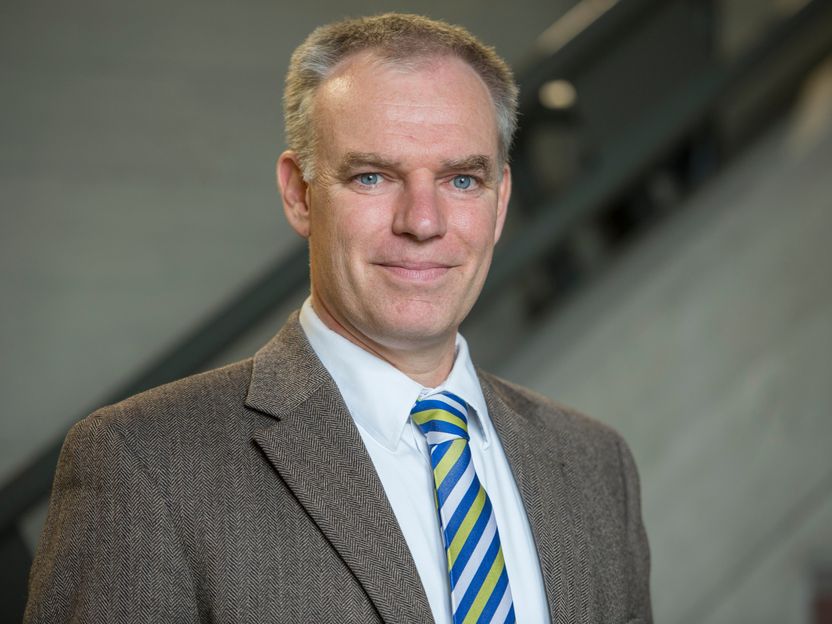
Professor Dr. Rainer Haag
B. Wannenmacher, FUB
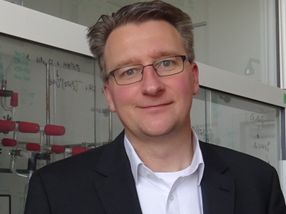
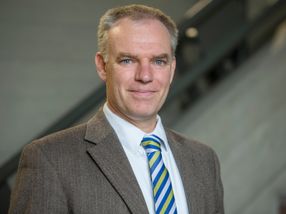
Chlorine is one of the most important basic chemicals in the chemical industry. Around 50 percent of all industrial chemicals, 30 percent of all agricultural chemicals and 20 percent of all pharmaceuticals require chlorine for production. In 2022, approximately 96 million tons of chlorine were produced worldwide (primarily through chlor-alkali electrolysis). The production of chlorine is one of the most energy-intensive processes in the chemical industry. In Germany alone, chlorine production requires 12 million megawatt hours, around 2.3 percent of the electrical energy produced in Germany.
This is where the FU researchers' invention comes in, with which elemental chlorine is reversibly adsorbed with the help of polymers, thus enabling selective chlorine storage. The polymer-based chlorine adsorbers developed offer great potential for the safe and easy adsorption, storage and conversion of chlorine gas from, for example, residual gas streams. In the future, the process could make chlorine production more efficient, more environmentally friendly and more resource-saving. The scientists are currently also looking at other possible applications.
Sebastian Hasenstab-Riedel heads the halogen chemistry working group at the Free University of Berlin. Hasenstab-Riedel has been the spokesman for the Collaborative Research Center 1349 “Fluorine-Specific Interactions” since 2019. He has been an active GDCh member since 2001 and is currently active on the Board of the AG fluorine chemistry and the Wöhler Association for Inorganic Chemistry of the GDCh. He has already received numerous awards for his research. For example, Hasenstab-Riedel received a Consolidator Grant from the European Research Council in 2019 and has held an Einstein Professorship at the Einstein Foundation Berlin since 2021. In 2023 he received the Christel and Herbert W. Roesky Prize from the GDCh and his project ChemSysCon was awarded the Werner Siemens Foundation Research Prize.
Rainer Haag is Professor of Organic and macromolecular chemistry at the Free University of Berlin. His research focuses on biodegradable and sustainable polymer systems, multivalent macromolecules and supramolecular architectures. He has been a member of the GDCh since 1990 and is active there, among other things, in the Association of German University Professors of Chemistry (ADUC) . For example, he was chair of the Chemiedozententagung in 2013 and was involved in the programming of the GDCh's anniversary science forum for chemistry (WiFo) in 2017. Haag has been the spokesman for the Collaborative Research Center 1449 "Dynamic Hydrogels at Biological Interfaces" and the interdisciplinary research building "SupraFAB" since 2021. He has been an elected member of the German Academy of Engineering Sciences (acatech) since 2019. In 2022 he was awarded the prestigious ERC Advanced Grant for the “SupraVir” project and was accepted into the European Academy of Sciences in 2023.
Merlin Kleoff studied chemistry at the Free University of Berlin from 2012 to 2018. In 2021 he received his doctorate in the group of Professor Dr. Philipp Heretsch (FU Berlin) on the development of flow reactors for natural product synthesis. Since 2021 he has been working in the group of Professor Dr. Sebastian Hasenstab-Riedel on new technologies and synthesis methods using chlorine chemistry.
Olaf Wagner received his doctorate at the FU Berlin in 2015 under the supervision of Professor Dr. Rainer Haag in the field of polymer chemistry and during this time he researched self-assembly processes of amphiphilic structures. From 2016 to 2020 he conducted postdoctoral research on 2D materials & polymer-functionalized surfaces for use in adsorption processes. Since 2021, he has been leading research into adsorption processes on functionalized biopolymers and developing sustainable technologies to reduce germs and pollutants in water.
Alejandro Jose Lorente Sánchez is a postdoc in the field of polymer science and organic synthesis at the FU Berlin. He received his doctorate from the University of Potsdam in collaboration with the Fraunhofer Institute for Applied Polymer Research (IAP). His research focused on the development of molecular sensors, semiconducting polymers and adsorbent materials. He works on several research projects that focus on the development of porous materials from polymers and biopolymers that find application in the adsorption of pollutants or gases.



